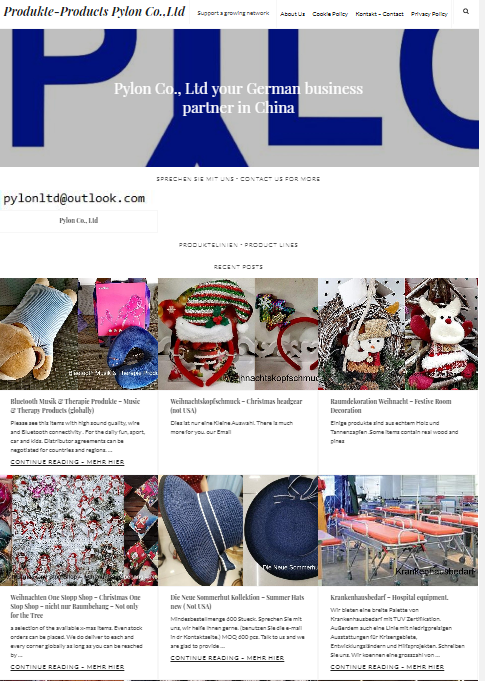The 5th Ningbo Capital-raising Fair for Medium and Small Enterprises was held
- Details
- Category: Ningbo Business
- Published: Monday, 07 November 2011 20:18
During the session of the Housing Expo, the 5th Ningbo Capital-raising Fair for Medium and Small Enterprises was held in Ningbo International Conference and Exhibition Centre. Over 600 medium, small and micro enterprises from all the counties and districts of Ningbo attended the fair to communicate with the 16 banks such as Bank of China, ICBC, China Zheshang Bank and Shanghai Pudong Development Bank, and some other micro-credit companies. It is said that since the beginning of this year, the services of urban and rural micro-credit loans and special loans from medium and small enterprises have been carried out jointly by the Private Companies Association of the Daxie Development Zone and the branch of Bank of China in Daxie Island. Over 800 enterprises and 70 private businesses have benefited from the services. In Beilun District, the Private Companies Association signed a credit agreement of 300 million yuan with the small business credit center of China Merchants Bank to support the qualified private enterprises with the demanded capitals. Other institutes, such as the branch of Yinzhou Private Enterprises Association, Ningbo Light & Textile Industrial City Co.,Ltd. and Minsheng Bank, also introduced the credit ranging from 200 thousand yuan to 500 thousand yuan to help the private businesses to accelerate turnover of their funds.









